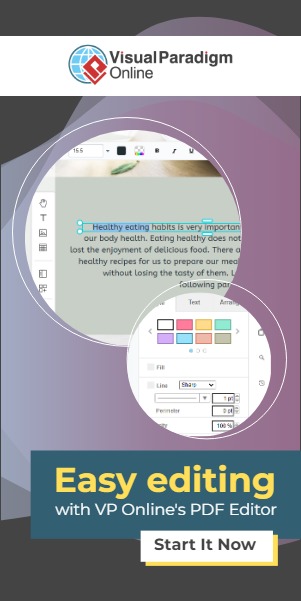Why are you taking yet another writing class? The quick answer is that you have developed skills and thinking patterns over the years that allow you to elevate your writing style to a professional level. The long answer can be found in the research of William Perry, who studied developmental growth in college students from 18-22 years old. What we understand about the developmental processes, along with recent brain studies combine to illustrate the adaptive nature of learning over time. Therefore, as we learn more about the brain, we continue to construct learning around that knowledge. To accommodate the knowledge of changing brain over time, the scaffolding approach to building writing skills has emerged; everything you have learned in your writing education and practice has led you to this point. Now we are going to employ that and elevate your skills further.
We also understand that communication proceeds in the following way throughout life and any learning experience: we absorb concepts orally first, then we can talk about the concept; we read and absorb, and then we can write about it – having built a more thorough and comfortable store of knowledge on the subject or skill. This is how we learned the language and behavioral norms, and this is how we learn higher-level concepts. It takes time, practice, and feedback. People have to reach a level of mental maturity before they can even perceive higher-level concepts, and when we truly understand this learning theory.
This introduction is designed to exemplify how writers think about and produce text. The guiding features are the following:
- Every good piece of writing is an argument.
- Everything worth writing and reading begins with a specific question.
- Improving skills takes practice, feedback, and re-thinking, redoing, revising
The layout of our book implies there is a beginning, middle, and end to a writing course, but because writing is both an art and a skill, people will find their own processes for learning, improving, and using these skills. Writing processes differ because we are each looking for a workable schema that fits our way of thinking. Try out a variety of writing processes and strategies, and find what works for you. If you are not uncomfortable on this journey, you simply are not stretching yet. Learning is prickly, awkward, and risky, so if it does not feel a bit unnerving, push harder and farther. We are not here to prove the skills we already have; this course is about stepping up. It’s like anything else you want to improve: if you can run a 10K in 2 hours, what do you need to do to make it in 1:45?











